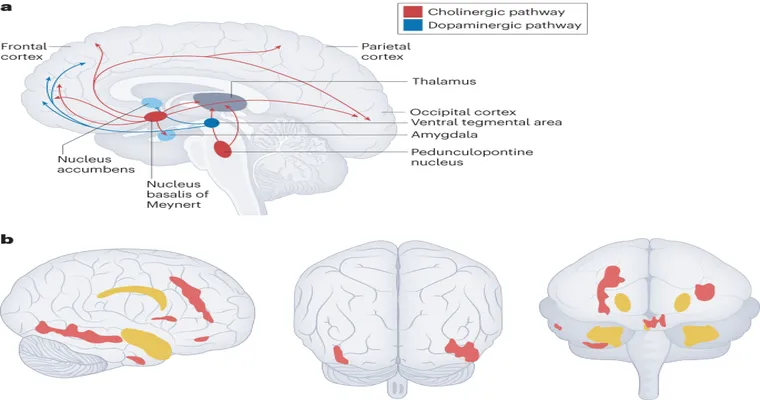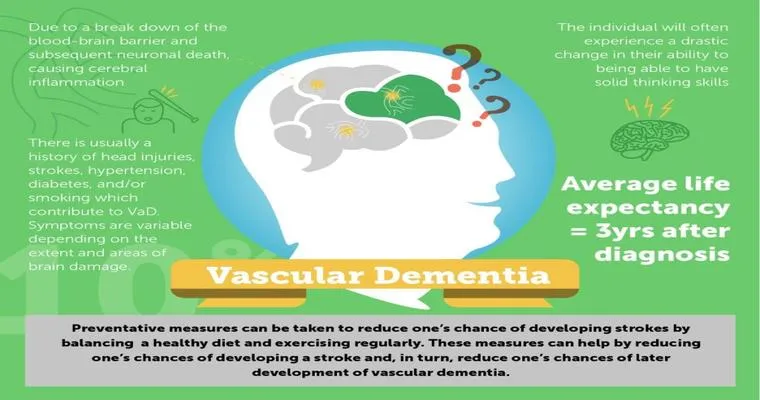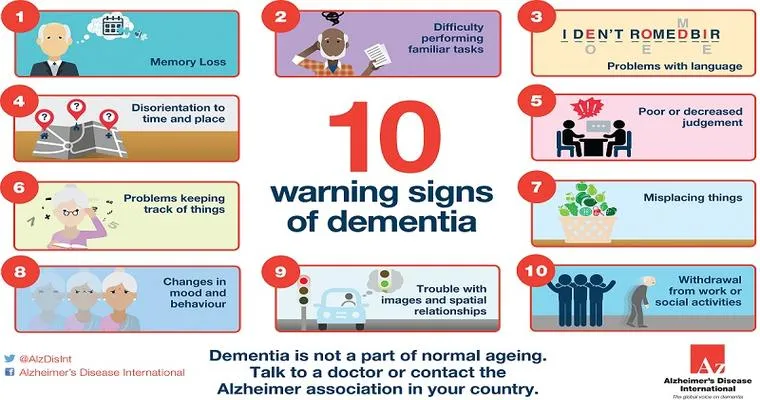Parkinson's disease (PD) is often recognized for its "motor symptoms", such as tremors, rigidity, and bradykinesia. However, a less-discussed aspect of this complex neurological disorder is "Parkinson's psychosis". This condition encompasses a range of "psychotic symptoms", including hallucinations and delusions, which can significantly impact the quality of life for patients and their caregivers. Understanding Parkinson's psychosis is crucial for effective management and care.
Parkinson's psychosis typically manifests in the later stages of Parkinson's disease, although it can occur at any point during the illness. The exact cause of this psychosis is not fully understood, but it is believed to be linked to the progression of the disease and the effects of medications used to manage "motor symptoms". As dopamine levels fluctuate in the brain, patients may experience alterations in their perception of reality.
Hallucinations in Parkinson's psychosis can range from visual disturbances, such as seeing people or objects that are not present, to auditory hallucinations. Delusions, on the other hand, may involve false beliefs, such as the idea that someone is trying to harm them or that their partner is being unfaithful. These symptoms can lead to significant emotional distress for both patients and their families, often resulting in increased caregiver burden and social isolation.
Recognizing the signs of Parkinson's psychosis is essential for timely intervention. Caregivers and healthcare providers should remain vigilant for any changes in a patient's behavior or mental state. If psychotic symptoms are suspected, it is crucial to consult a healthcare professional who can provide a comprehensive evaluation. Treatment options may include adjusting current medications, introducing new medications specifically aimed at alleviating psychosis, or employing non-pharmacological strategies such as cognitive behavioral therapy.
Managing Parkinson's psychosis requires a compassionate and patient-centered approach. Open communication between patients, caregivers, and healthcare providers is vital to ensure that the individual feels supported and understood. Additionally, education about the condition can empower patients and their families, helping them to navigate the challenges associated with psychosis.
In conclusion, while "Parkinson's psychosis" is a lesser-known symptom of Parkinson's disease, it plays a critical role in the overall experience of the illness. By increasing awareness and understanding of this condition, we can improve the quality of care and support for those affected by Parkinson's disease. Early recognition, effective treatment, and a supportive environment are key to managing Parkinson's psychosis and enhancing the lives of both patients and their loved ones.





